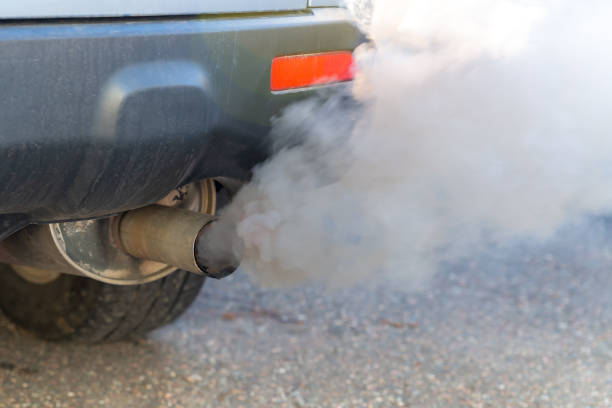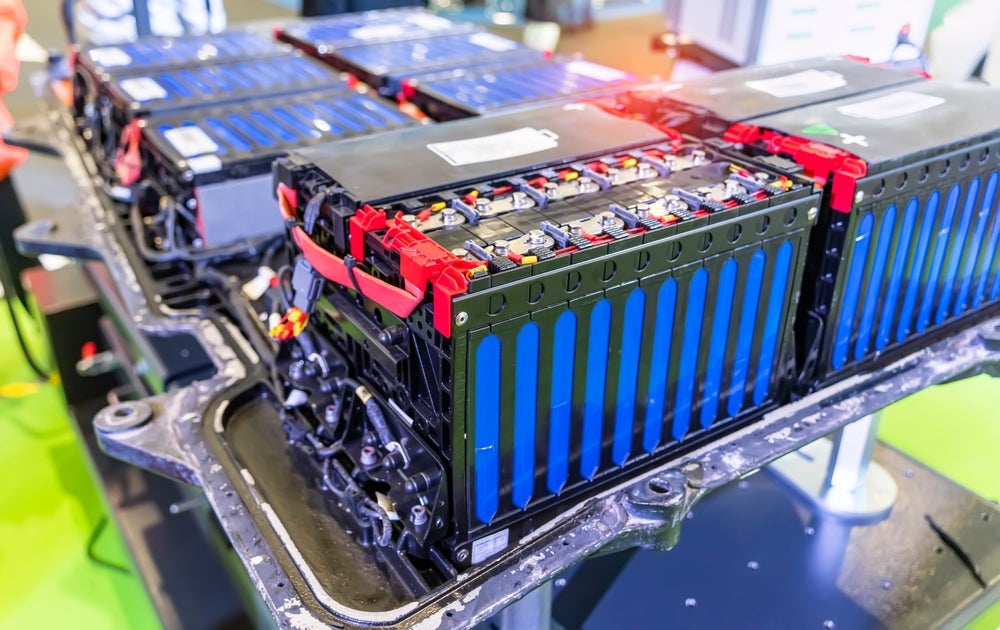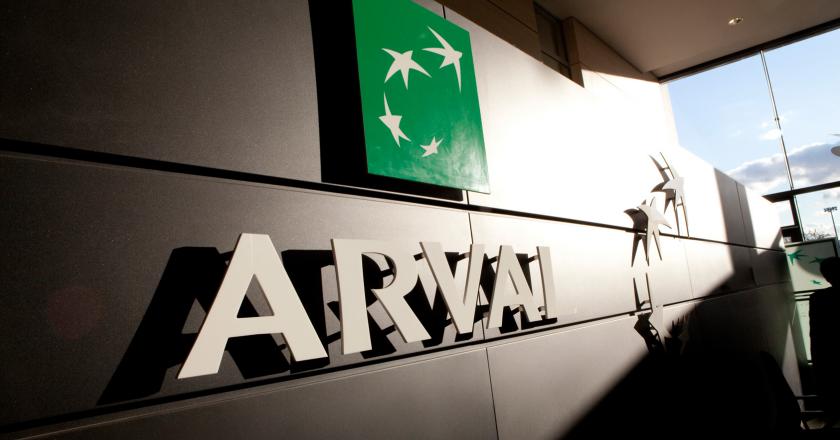
Despite vans now accounting for 13% of road transport carbon pollution in the EU, only 2% sold in 2020 were electric with an even lower percentage in the UK (0.3%). It is evident that making electric vans a priority would greatly accelerate reaching the zero emissions goal by 2050.
In light of this, Northgate Vehicle Hire has researched what all EV fleets would mean for businesses and the UK environment.
The study reveals that there are over 2.3 million vans in Great Britain owned by businesses, each travelling an average of 17,500 miles a year. With a typical diesel van producing 154g of CO2 per mile, one commercial van emits an estimated 4.3 tonnes of CO2 annually.
This equates to 10.3 million tonnes of CO2 being produced each year by commercial vans alone. This staggering statistic is four times higher than the annual CO2 emissions produced by plastic production in the UK in 2020 (2.4 million tonnes). With electric vans producing an average of 50g of CO2 per mile, one van would be producing an average of 1.4 tonnes a year – 68% lower than its diesel counterpart.
If all commercial vans transitioned to electric, this would reduce the yearly emissions in the UK by 3.4 million tonnes from 405.5 million tonnes to 402.1 million tonnes of CO2.
Commercial businesses that use vans in Southeast England are contributing most to the UK’s CO2 emissions, accounting for over 1.3 million tonnes each year – 80% higher than the regional average of 734,565 tonnes. This comes as no surprise, with businesses in London and the Southeast of England accounting for 34% of the UK business population.
How well do you really know your competitors?
Access the most comprehensive Company Profiles on the market, powered by GlobalData. Save hours of research. Gain competitive edge.

Thank you!
Your download email will arrive shortly
Not ready to buy yet? Download a free sample
We are confident about the unique quality of our Company Profiles. However, we want you to make the most beneficial decision for your business, so we offer a free sample that you can download by submitting the below form
By GlobalDataFollowing closely behind is East England where the average commercial van travels the highest number of miles each year (14,800 miles). All vans combined are therefore producing a total of 9.9 thousand tonnes of CO2 each year. Also ranking in the top five are the West Midlands (930,391 tonnes), South West England (870,150 tonnes) and the East Midlands (799,564 tonnes) respectively ranking third, fourth and fifth.
How much could your business save transitioning to an EV fleet?
On average, a diesel van costs 17p a mile to fuel and with the average commercial van travelling 17,500 miles a year it is costing businesses £2,975 to fuel one van in their fleet.
With fleets across England constituting an average of 3 vans, the typical fleet is spending £8,925 each year on fuel alone.
Northgate Vehicle Hire has found that transitioning your fleet to electric and investing in private charging infrastructure could save your business an average of £1,125 per van. Despite recent increases in the price of electricity, with privately installed charging infrastructure costing £0.10 a mile this can reduce costs by 41% each year.
Key steps for businesses making the switch to electric vehicles
1. Review your fleet for vehicles with suitable electric vehicle alternatives
Start by identifying whether you operate any vehicles with suitable electric vehicle alternatives. The most obvious candidates will have the following qualities:
- Vehicles operating on a low daily mileage: Electric vehicles can reach driving distances of anywhere from 75+ miles on a single charge. 120 miles or less is the sweet spot for many electric vehicles.
- Smaller payloads: Smaller or lighter payloads are more likely to have an electric vehicle alternative with a suitable load weight and driving range.
- Vehicles operating on urban routes: Built-up areas or routes along main roads are far more likely to have conveniently accessible charging infrastructure.
- Charging time: Depending on how a vehicle is used, you may find a vehicle can be topped up with a charge in between jobs and then the single-charge range becomes less limiting.
2. Decide how will you charge any electric vehicles
Electric vehicles require access to a suitable charge point and planning on when they will be charged. Making use of public charge points is a great place to start. According to a government analysis back in January 2020, a driver is never more than 25 miles away from a rapid (50 kilowatt) charge point anywhere along England’s motorways and major A roads.
If your business owns its sites, installing charging infrastructure is another option. This mainly involves choosing which charging technology to go with and finding out whether it can be supported by the power grid or other renewable alternatives.
3. Develop a strategy to ensure a smooth roll-out of electric vehicles
Most businesses will find that taking a phased approach to electric vehicle adoption is the most practical option.
- Fleet policy and reimbursements = Policies on electric vehicles are likely to differ. From fuel reimbursement to Benefit in Kind (BIK) tax, there is a range of things that will need policies behind them. When it comes to reimbursement, the HMRC has provided an Advisory Electric Rate (AER) of 9p for electric vehicles.
- Training = Electric vehicles are straightforward to use but may take some time to adapt to. From questions on how they are charged to what the symbols and dials mean on the dashboard, training sessions can help drivers get acquainted with the vehicle more quickly.
Trialling electric vehicles on your fleet, beginning with a phased approach is a great option for gaining the experience required for transitioning to electric vehicles.
Arval UK to promote ex-fleet EVs to used car dealers






